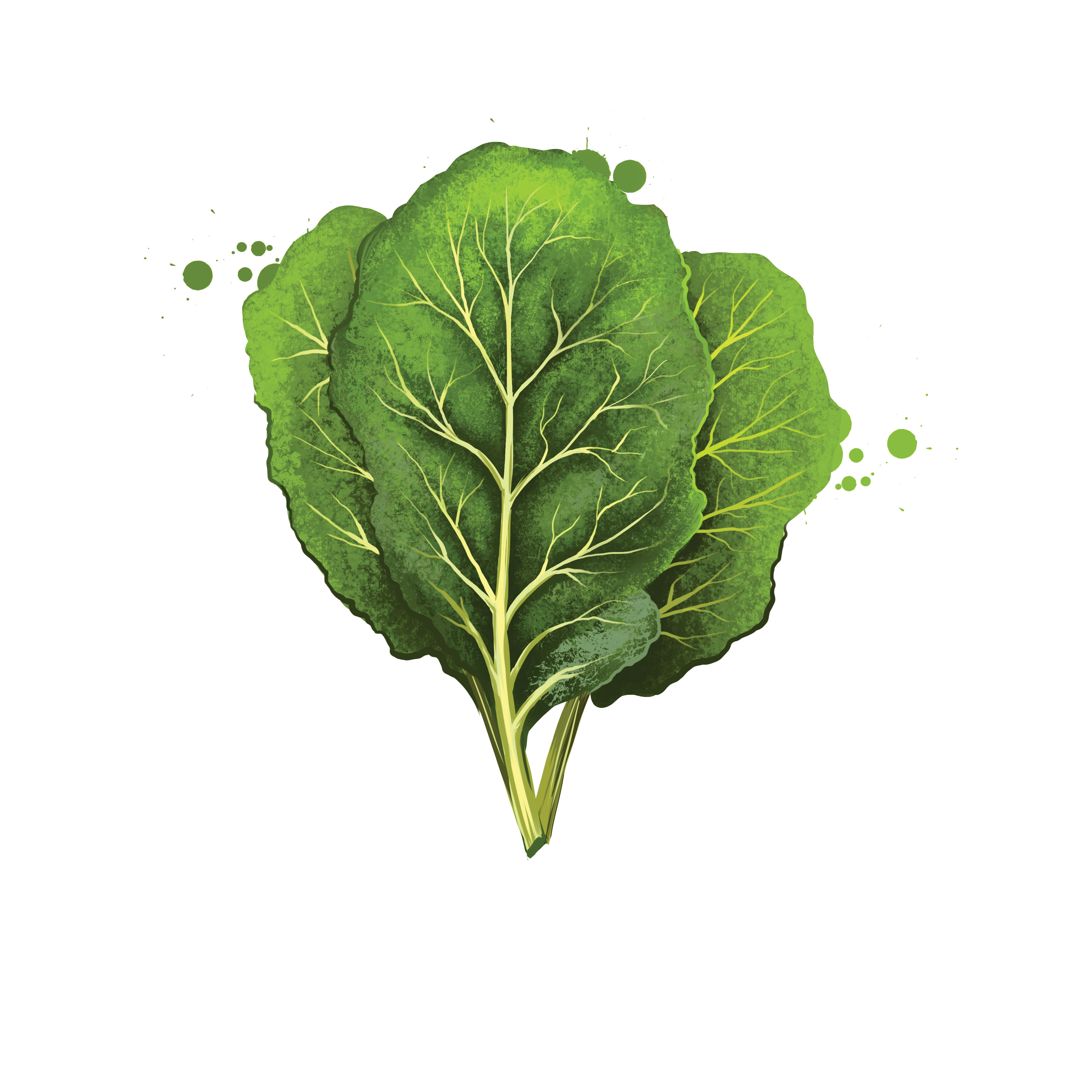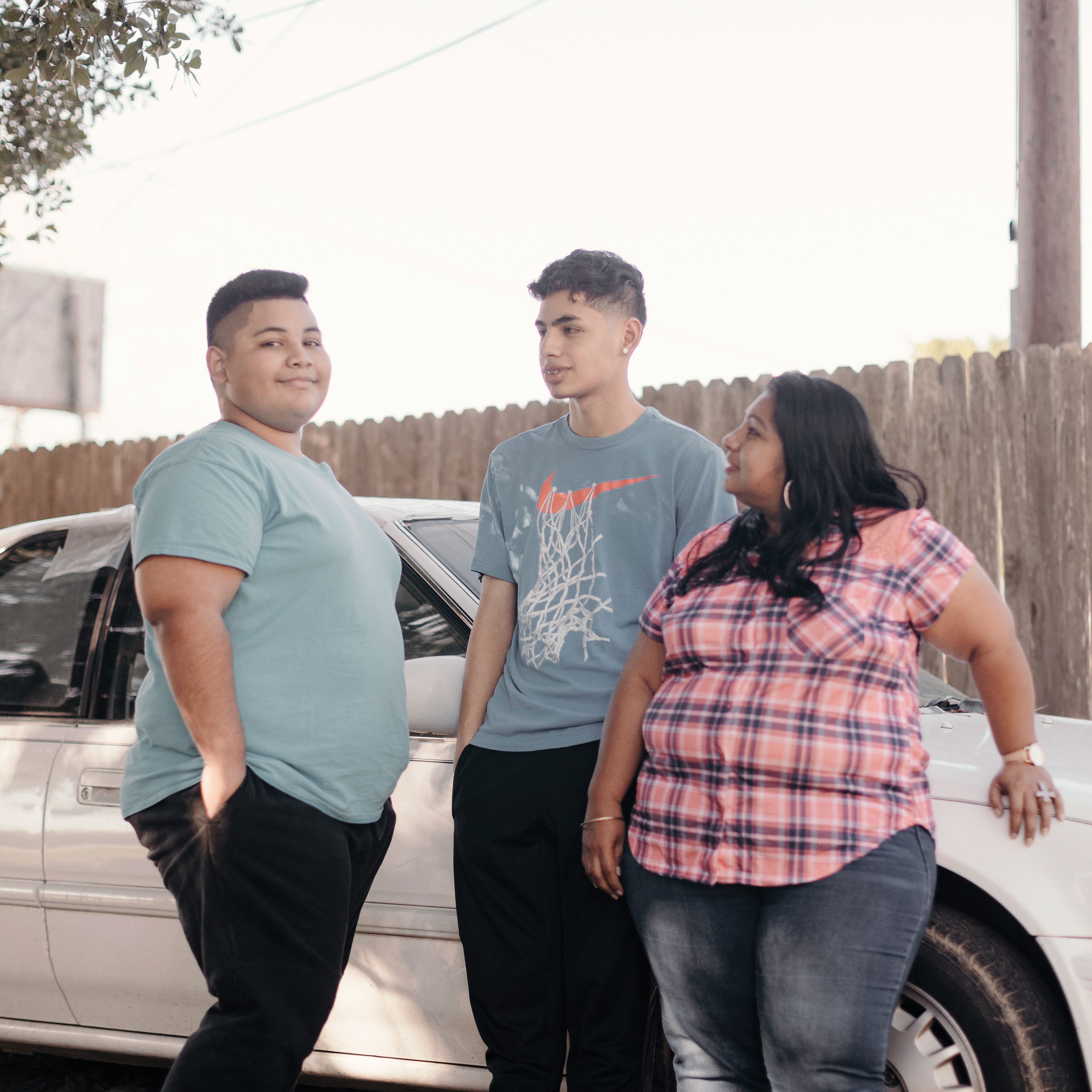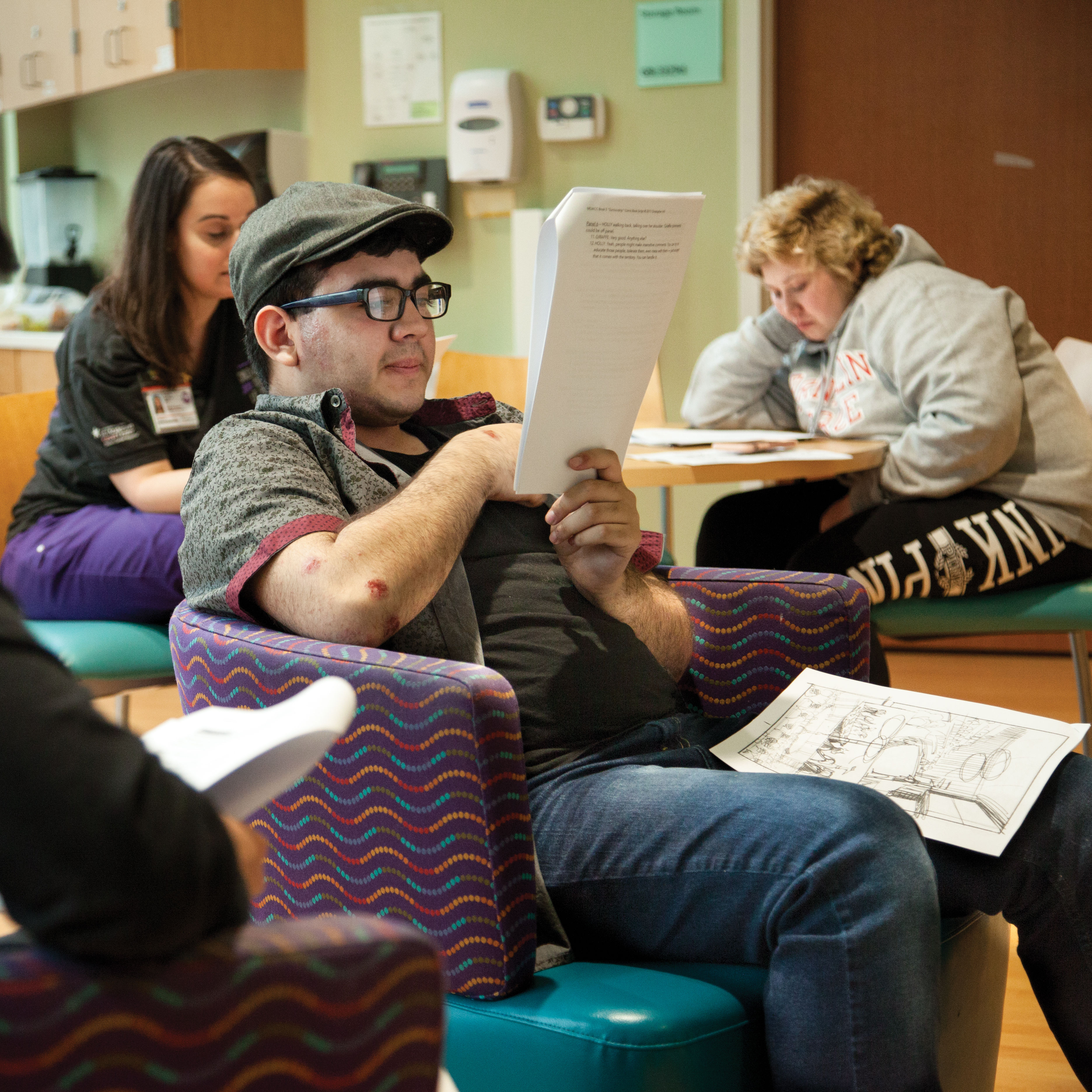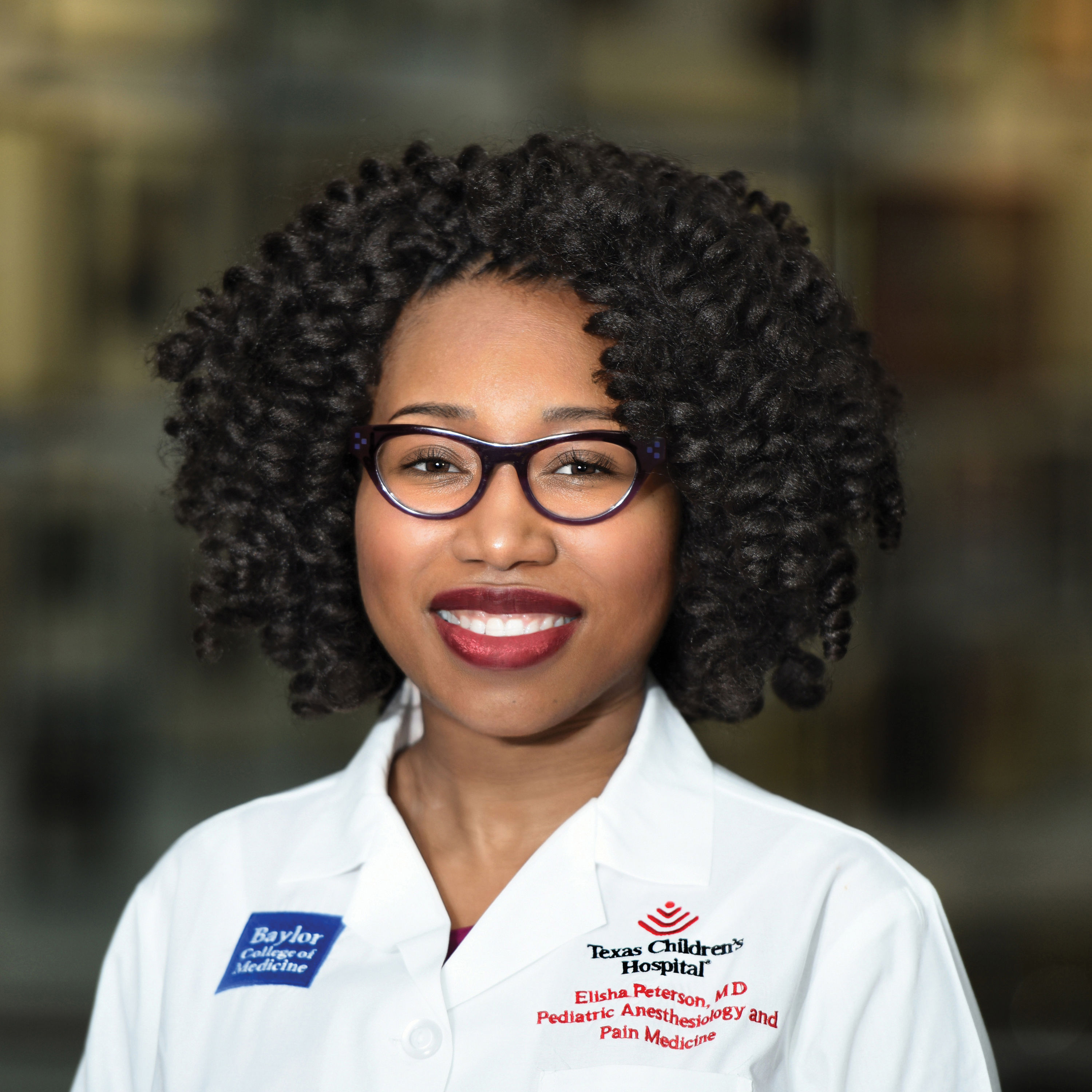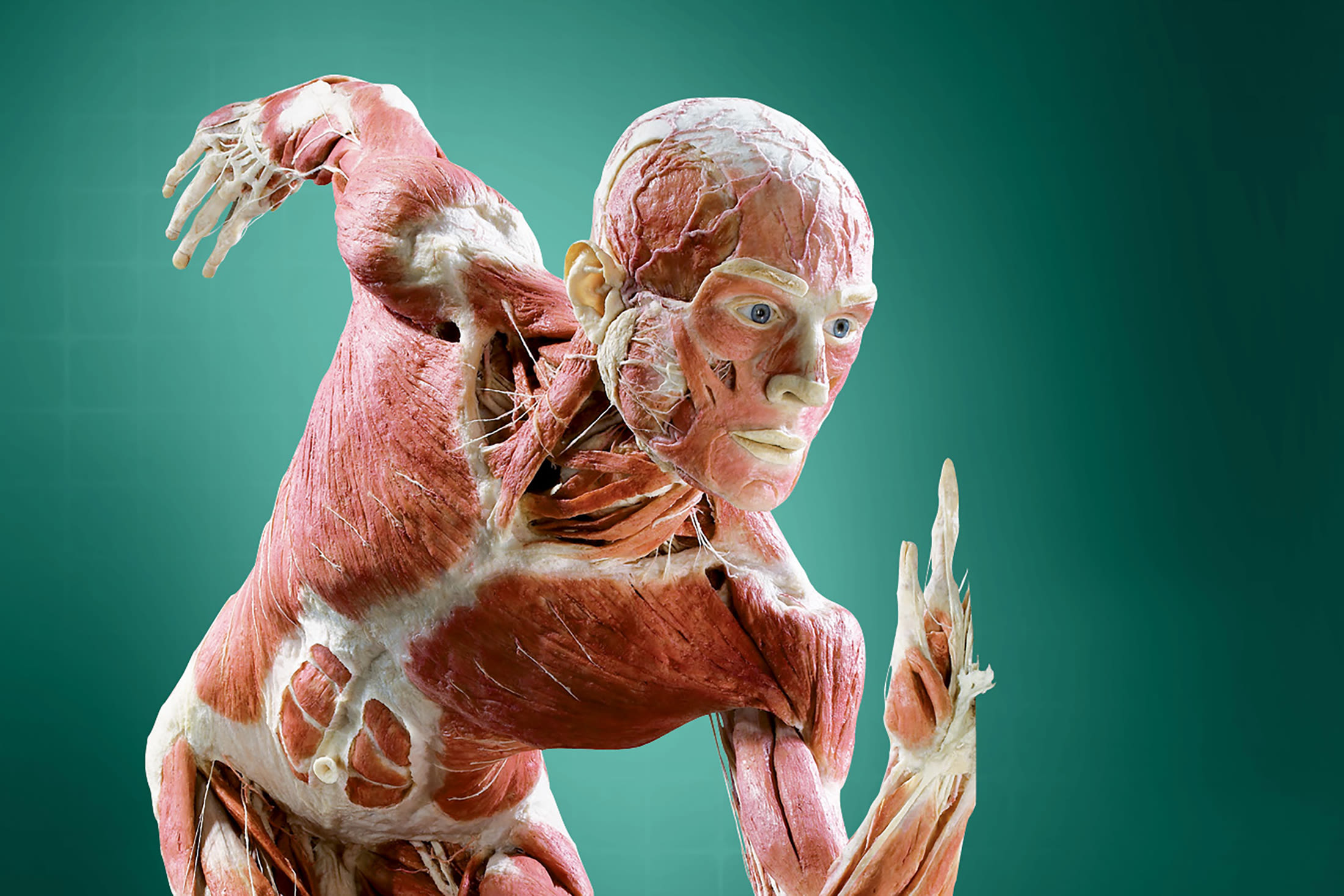One Mom's Journey from Crisis to Calling in the NICU
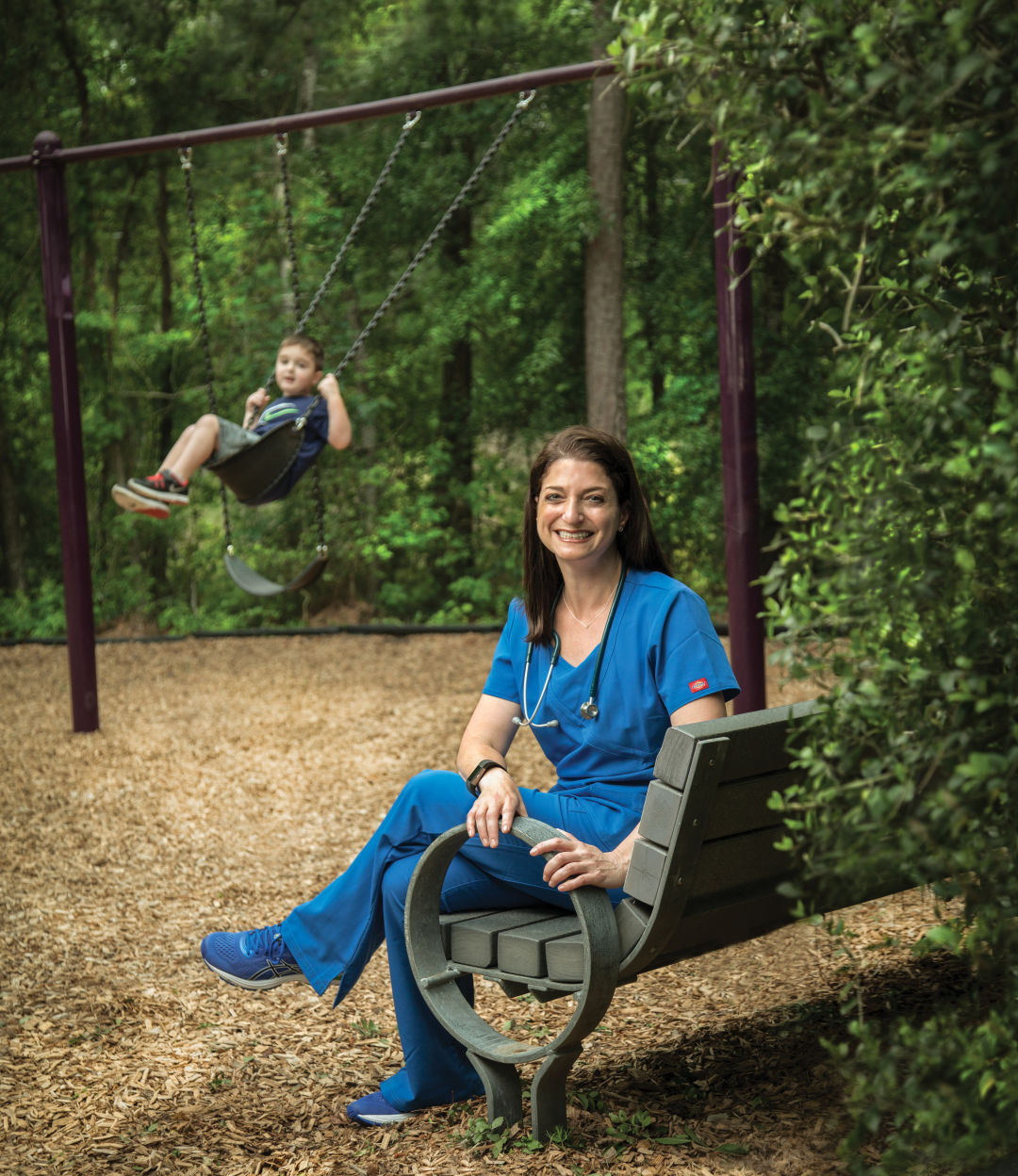
Image: Charles Ford
A TERRIFYING EXPERIENCE CAN BECOME AN INSPIRATION TO GIVE BACK. Erica Atherton discovered this after giving birth to her fourth child, Branton.
It began when Atherton was diagnosed with life-threatening pre-eclampsia 25 weeks into her pregnancy. She was rushed to Texas Children’s Pavilion for Women for an emergency delivery, and in July 2012, four months before her expected due date, her son Branton was ushered into the world. But it wasn’t easy from there. Immediately after he was born, Branton was moved to the Texas Children’s neonatal intensive care unit, or NICU, for breathing difficulties due to his premature birth. He would spend four months in the NICU, struggling to thrive while suffering from a series of other medical complications.
Atherton expected Branton’s recovery to progress at a steady pace, but she instead watched him ride a rollercoaster of setbacks, leaving her feeling helpless and scared. Adding to her stress was the fact that she couldn’t care for this child the way she’d cared for all her others. She didn’t get to hold Branton until he was two weeks old, and even then, only under the supervision of two nurses and a respiratory therapist. Though she visited the NICU as often as she could, often dropping her older daughters at school, then staying with Branton until it was time to pick them up—she was many times relegated to waiting at home, relying on the NICU nurses to do what she couldn’t. They went above and beyond in this regard, providing Atherton with updates day and night and letting her pick the outfits they dressed him in.
“The only thing we could count on were surprises—some good, some bad—and the unrelenting kindness, patience, and life-saving proficiency of the NICU staff,” Atherton recalls. “They kept Branton and me going.” She remembers going to the nurses with “endless questions, concerns, and worries.”
They always made time to explain details of Branton’s progress and ask how she was doing. A few days into his care, one of the nurses discovered Branton was experiencing apneic and bradycardic episodes, meaning his breathing would stop and his heart rate would slow, which can indicate sepsis. Knowing how quickly such infections can turn deadly, the nurse suggested Branton undergo a sepsis workup, which ultimately saved the newborn’s life.
The nurses’ skill and caring inspired Atherton. In fact, she felt a calling. “I realized there was no more fulfilling career ideal for me—or way to pay forward what I experienced—than becoming a nurse.” She decided to go back to school and earn a Bachelor of Science in Nursing (BSN) degree to help other families the way Branton’s team had helped them.
She earned her degree in 15 months while working part-time to make ends meet. Along the way, she befriended women like herself, some juggling even more than she was in the way of family and work. They encouraged each other to meet their shared goal.
Five years later, Erica Atherton, BA, BSN, RN, is working in Texas Children’s Hospital NICU 4 alongside some of the very same women who cared for her son. Her time in their care and all the emotions she felt after Branton’s birth shape her practice. Today, Atherton checks in with her patients’ families, explaining diagnoses and changes in treatment plans. She helps them celebrate “NICU milestones big and small,” such as improved ventilator settings and three-month birthdays. Acknowledging parents and guardians as their babies’ most important caregivers heavily influences her practice as a nurse.
Atherton is also studying to become a neonatal nurse practitioner and completing her Master of Science in Nursing. She plans to follow that up with a Doctorate of Nursing Practice degree. Nursing science, research, and theory make up a significant portion of the MSN curriculum. “It’s really interesting to see the practice of nursing from such a broad perspective,” she says.
Meanwhile, Branton has continued to thrive. He’s a typically active and rambunctious 5-year-old, despite a few ongoing health issues. Atherton says her experiences since his birth have made her “truly appreciate all the normal stuff” in her son’s life—learning his letters and numbers, teaching him to ride a bike, preparing for kindergarten—that she’s forever grateful to witness. “There is absolutely no way to repay, or even put into adequate words, the miracle our Texas Children’s interdisciplinary team performed in saving my son and making Branton’s life today possible,” she says.
Atherton has shown her son pictures of the two of them in the NICU when he was a patient, and Branton knows his mother cares for babies like he used to be. “Mommy,” she says Branton tells her, “I want to go to work with you and help you take care of the babies, so they can go home with their mommies, too.”
